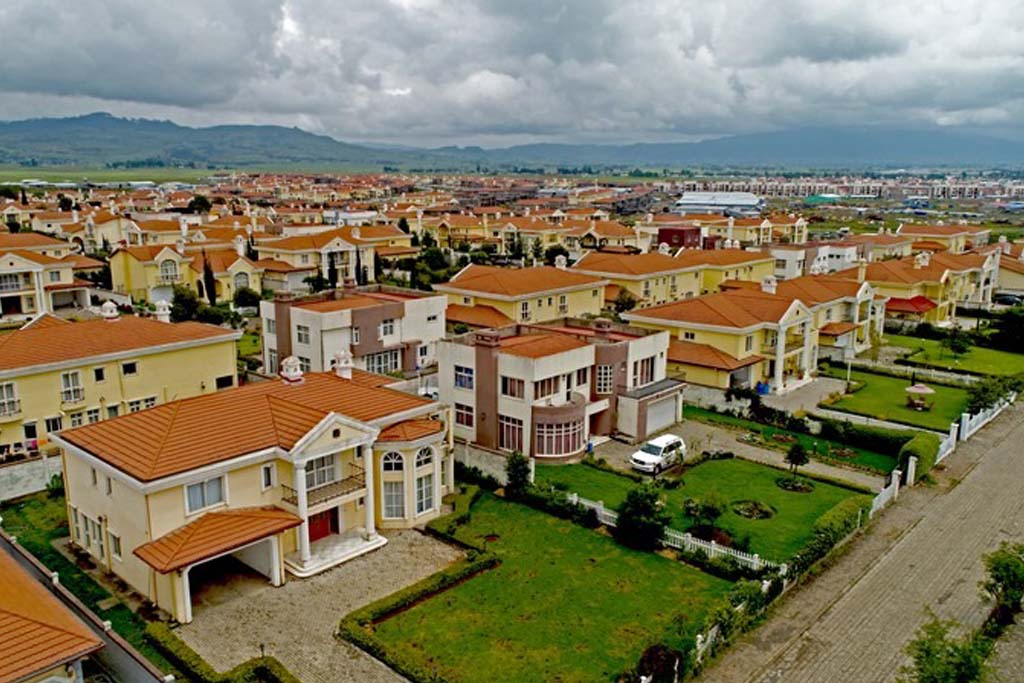The Ethiopian diaspora has long been essential to the country’s real estate market. However, over the past year, concerns have surfaced about the sustainability and profitability of such investments. Recent developments shed light on the current challenges faced by these investors.
The Ethiopian government has been pushing for modernization and urbanization, but the pace of these developments has raised red flags among diaspora investors.
One major factor driving concern is Ethiopia’s unpredictable property regulations. Real estate laws can be murky, and land ownership processes often involve layers of bureaucracy that make the investment process difficult to navigate. These barriers have made it challenging for investors abroad, who may not have intimate knowledge of the local legal landscape, to secure property or understand the long-term implications of their purchases.
Furthermore, the national economy has been subject to wide fluctuations. With inflation rising steadily and the value of the birr depreciating, property prices have become volatile. For Ethiopian expatriates looking to buy property back home, this volatility can erode their investment over time, especially when comparing it to more stable international markets.
New Developments from Last Week
An article, published last week in response to a new real estate draft law, delves deeper into how these trends have evolved over time. It highlights that despite some governmental reforms and efforts to stabilize the economy, the risks for diaspora investors remain significant. While there has been progress in infrastructure development, the fundamental issues plaguing the real estate sector persist.
Political instability is still a driving concern. Protests, localized conflicts, and uncertainty surrounding upcoming elections add layers of unpredictability. Many diaspora investors are now more hesitant than ever, particularly as these political issues have the potential to affect property values dramatically.
The article also points out the ongoing struggles with economic recovery post-COVID. Ethiopia’s economy, like many others globally, has been hit hard, and while some sectors are bouncing back, real estate remains sluggish. This slow recovery is compounded by high inflation, which not only increases the cost of building materials but also reduces the purchasing power of potential buyers.
The depreciation of the birr continues to be a challenge. For those in the diaspora who earn foreign currency, exchange rates may make initial purchases more affordable, but the long-term depreciation of their investment is a major concern. While property values may rise, they may not keep pace with the inflationary environment or with the returns diaspora investors might expect in other markets.
Conclusion
Despite the Ethiopian government’s efforts to modernize and reform the real estate sector, the challenges remain formidable. For diaspora investors, the combination of political instability, fluctuating economic conditions, inflation, and a complex regulatory environment makes the real estate market a high-risk venture. While opportunities certainly exist, it is becoming increasingly clear that potential investors must weigh the risks carefully before committing to the Ethiopian property market.





